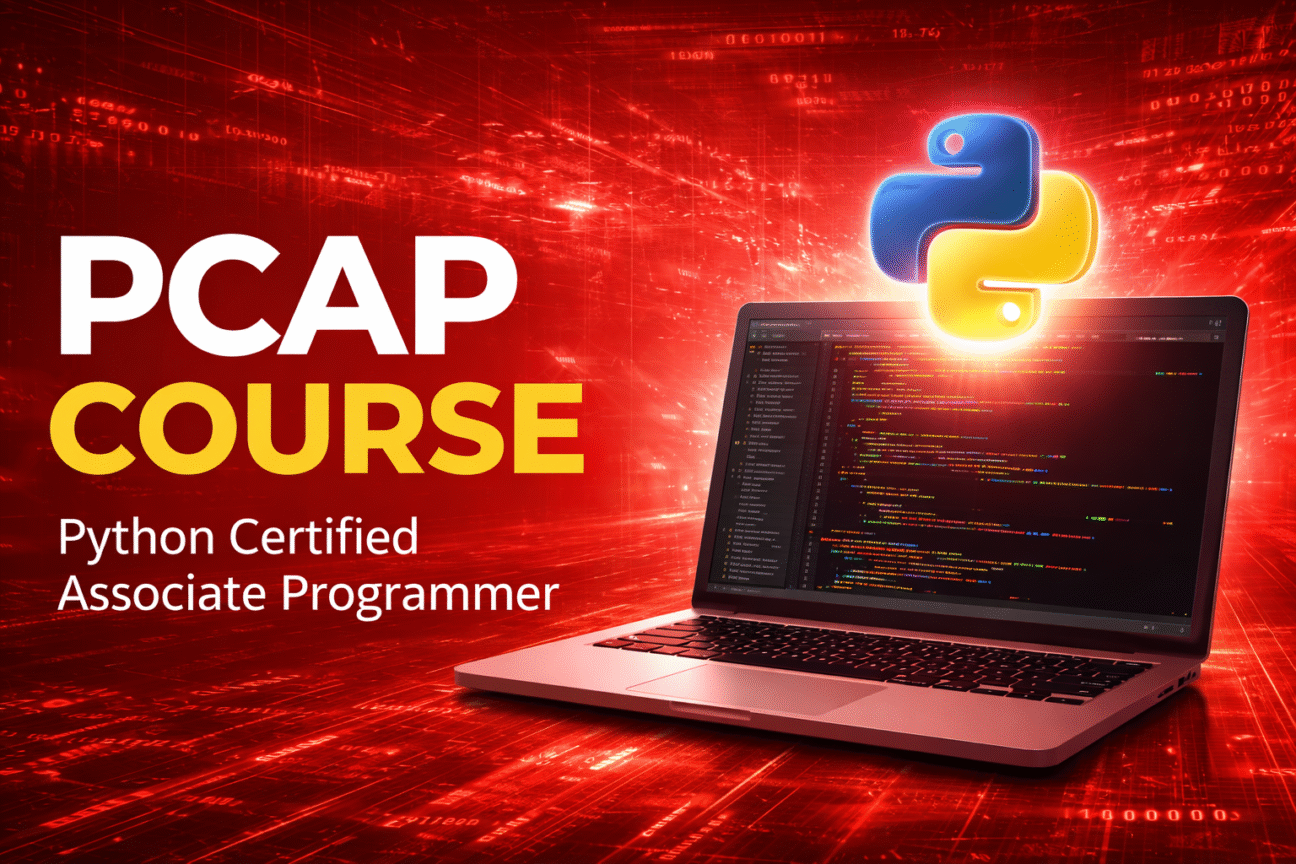Language: English
Duration: 40 hours
Technology: Cloud
Exam: 1Z0-1072-25
Course Description
This course provides participants with essential insights into the core concepts and features of Oracle Cloud Infrastructure (OCI). Learners will explore the foundational elements of OCI, including compute, storage, networking, and identity services, gaining a clear understanding of how these components integrate to support modern cloud solutions.
The course also examines OCI’s globally distributed infrastructure and its strategic advantages for enterprises, such as improved performance, scalability, high availability, and disaster recovery. By the end of the course, participants will be equipped to evaluate how OCI’s architecture and services can be leveraged to meet organizational goals and support cloud transformation initiatives.
Pre-Requisite
None.
Course Objectives
After taking this course, you should be able to:
- Kickstart your journey on Oracle Cloud by getting to know its Architecture and User Management
- Explore the basics of VCN and network security
- Learn about the concepts of Load Balancer and Traffic Management
- Know more about the OCI Compute and Storage options
- Learn the concepts of Autoscaling and OS Management
- Secure the OCI infrastructure using WAF
- Monitor infrastructure and Applications using the Observability and Management platform on OCI
Course Content
- Course Introduction
- OCI Introduction
- Identity and Access Management
- Expert Tip 1
- Networking – Virtual Cloud Network
- Networking – Connectivity
- Expert Tip 2
- Networking – Load Balancer
- Networking – DNS Management
- Networking Command Center Services – Other Networking Services
- Expert Tip 3
- Compute – Basics
- Compute – Advanced
- Object Storage – Basics
- Expert Tip 4
- Object Storage – Advanced
- Block Storage – Basics
- Block Storage – Advanced
- File Storage – Basics
- File Storage – Advanced
- Expert Tip 5
- Security-Operations
- Security-Platform
- Security-Data
- Observability and Management – Introduction
- Observability and Management – Monitoring
- Observability and Management – Logging




